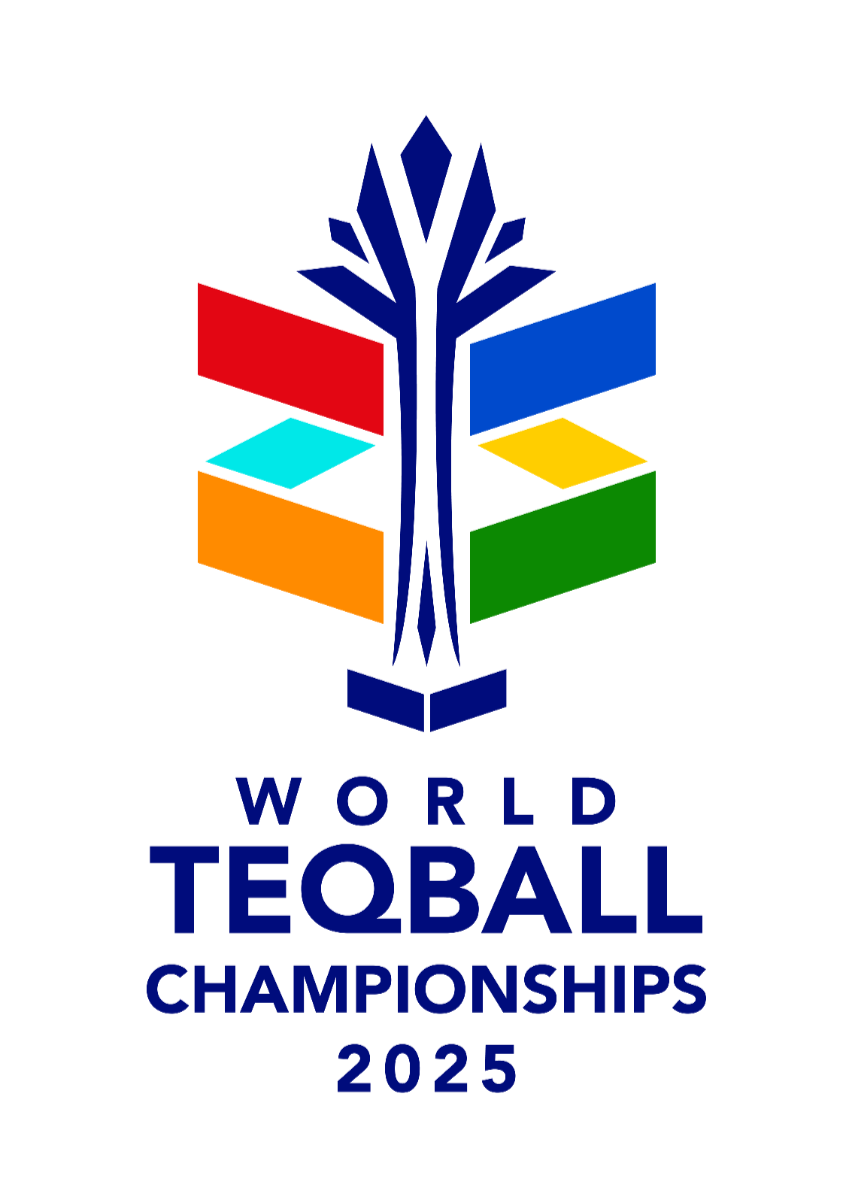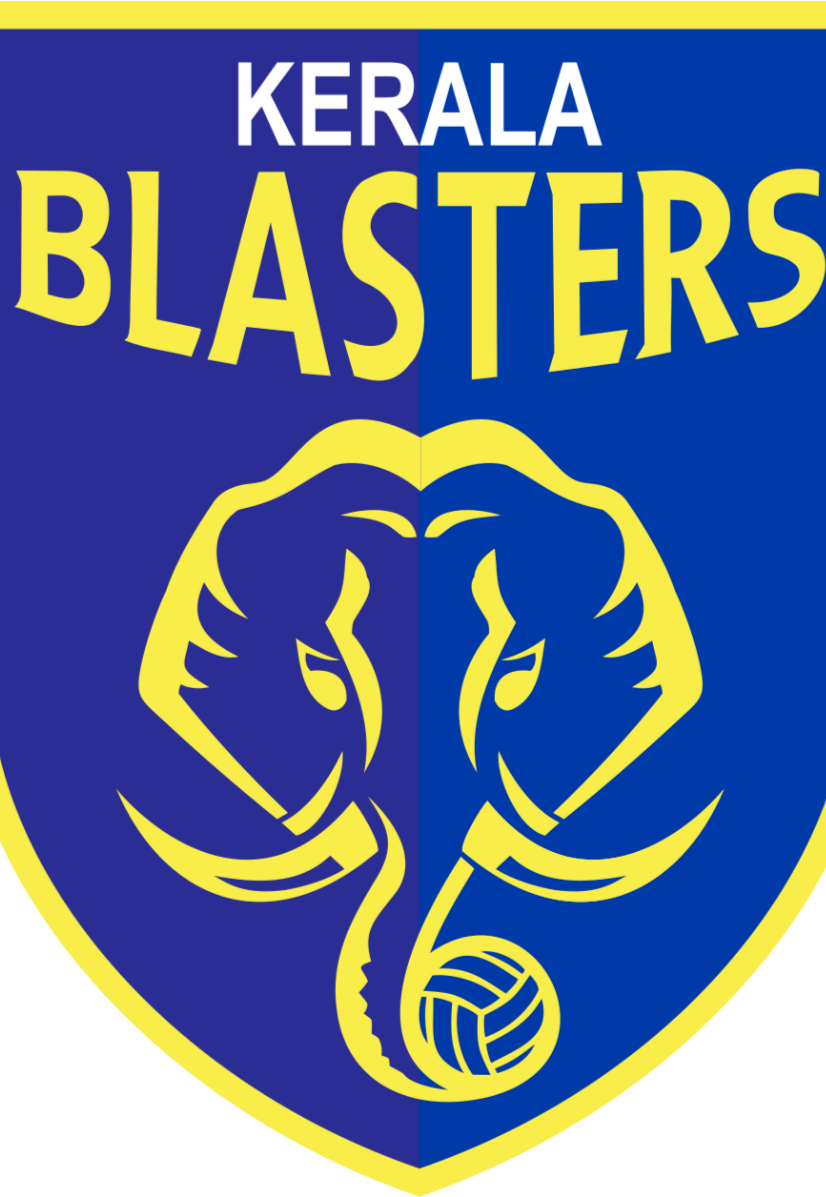Crystal Palace’s European adventure has hit an unexpected snag. What looked like a historic qualification for the UEFA Europa League could now be in jeopardy due to complex ownership ties with French club Olympique Lyonnais. UEFA’s decision, expected soon, will determine whether Palace’s breakthrough season gets the continental recognition it earned on the pitch—or if off-field matters put their dreams on hold.
The root of the problem lies with American businessman John Textor. Textor owns a significant 43% stake in Crystal Palace and is also the majority shareholder of Lyon. UEFA regulations are clear: two clubs under common ownership cannot compete in the same European competition. The rule exists to protect the integrity of the tournament and prevent potential conflicts of interest.
Palace made their case to UEFA in Switzerland last month, arguing that Textor doesn’t have direct control over their daily football operations. They maintained that his influence on team selection, transfers, and sporting decisions at Selhurst Park is limited, making any conflict of interest purely theoretical.
Initially, there was a belief that Lyon’s relegation from Ligue 1 due to financial irregularities might solve the issue. Lyon being out of France’s top flight could have excluded them from European competition altogether. However, a successful appeal overturned Lyon’s demotion, restoring their place in Ligue 1 and clearing the way for their Europa League participation. This, unfortunately, means both clubs are now lined up to feature in the same competition, reviving the ownership dilemma.
UEFA has yet to announce its ruling, having delayed a decision while awaiting the outcome of Lyon’s appeal. The precedent suggests that clubs in this situation have been allowed to play in Europe—but only after major restructuring. For example, Manchester City’s parent group had to install independent trustees to oversee Girona, while Manchester United and Nice made similar moves to comply with UEFA’s rules. These arrangements included barring board members from holding seats at both clubs, preventing the sharing of scouting data, and restricting player transfers between the teams.
Palace’s situation is slightly more complicated. Unlike those other clubs, Palace missed the UEFA deadline to place the club into an independent trust—largely because their FA Cup-winning campaign, which earned them a Europa League spot, was not anticipated when the submission deadline passed in March.
If Palace cannot satisfy UEFA’s requirements, they may be relegated to the UEFA Europa Conference League instead. But even that route presents obstacles. Brondby, a Danish side owned by another Palace minority shareholder, David Blitzer, has already secured a spot in the Conference League. UEFA regulations prioritize league qualifiers like Brondby over teams that qualify via domestic cups, which could mean no European football at all for Palace.


























